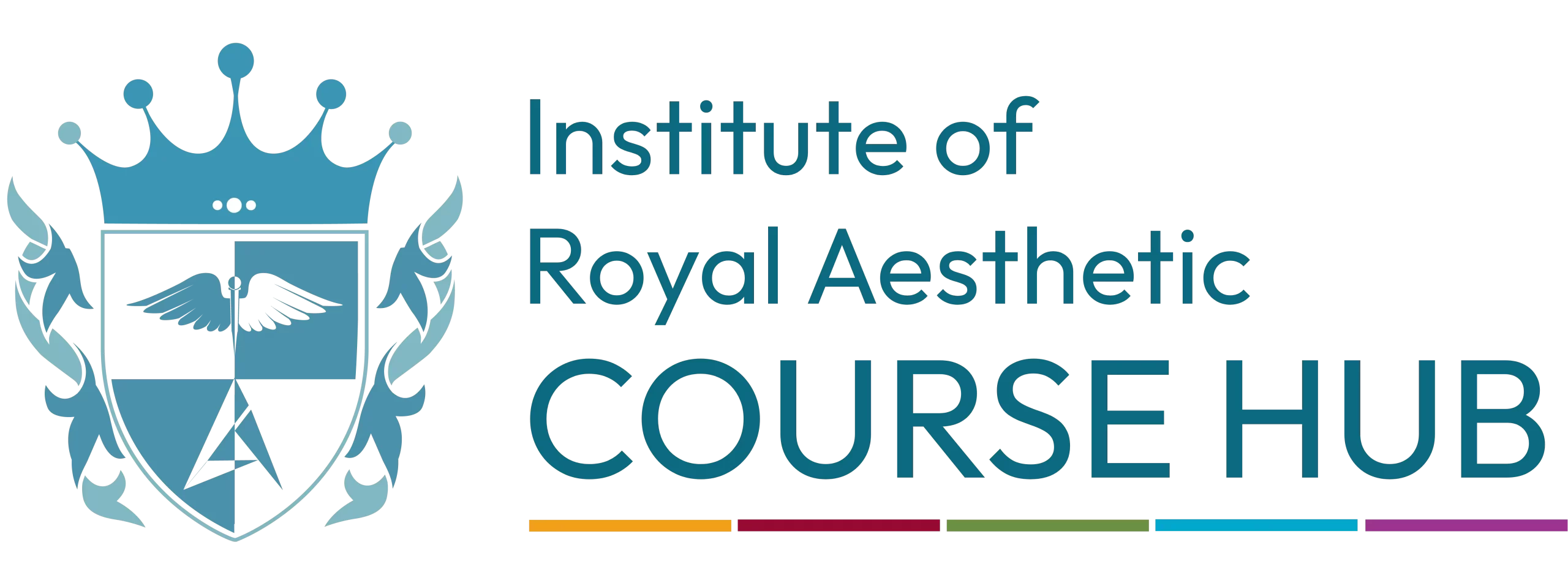About Course
Course Overview:
This comprehensive caregiver training program is designed to equip participants with the essential skills, knowledge, and compassion needed to provide high-quality care to individuals in need. Whether caring for seniors, individuals with disabilities, or those recovering from illness, this course prepares caregivers to meet the physical, emotional, and social needs of their clients. Through a combination of theoretical instruction, hands-on practice, and real-world scenarios, participants will gain the confidence and competence to excel in caregiving roles.
Course Objectives:
By the end of this course, participants will:
-
Understand the roles and responsibilities of a professional caregiver.
-
Develop skills in personal care, including bathing, grooming, and mobility assistance.
-
Learn proper techniques for infection control, safety, and emergency response.
-
Gain knowledge of common medical conditions and how to provide appropriate care.
-
Build effective communication skills to support clients and their families.
-
Explore ethical and legal considerations in caregiving.
-
Practice empathy, patience, and emotional support techniques.
Course Content
Curriculum
Student Ratings & Reviews




